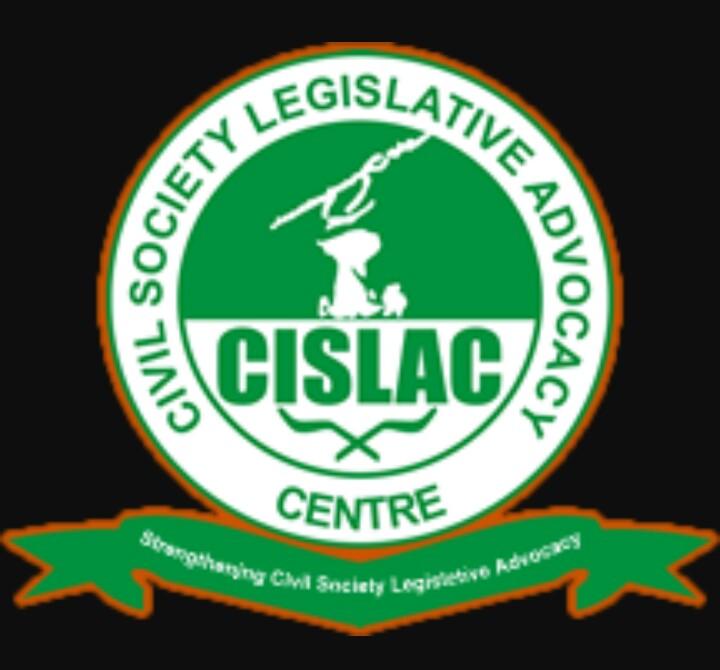The Civil Society Legislative Advocacy Centre (CISLAC) has said the country was losing estimated $2.9bn annually to tax waivers granted to multinational companies.
Executive Director, CISLAC and Transparency International, Nigeria (TI-Nigeria), Auwal Musa Rafsanjani, said this on Tuesday in Abuja at the Pan-African conference on combating Illicit Financial Flows (IFF) to bridge Africa’s widening inequality gap.
- Stop tax waivers to fund budget, ActionAid tells FG
- NIMASA denies granting waivers to shipping firms
He also said that Africa have lost in over $1trn in IFFs over the last 50 years, with an annual loss of $50bn.
He regretted that despite the huge lost to tax waivers, the government unjustly increased value-added taxes (VAT), which affected the poor more from five percent to 7.5 percent.
Rafsanjani said the worsened inequality in West Africa due to COVID-19 pandemic, have more impacts in Nigeria as she was the region’s worst performing country in tackling inequality going into the pandemic.
“IFFs connected with corruption, crime and tax evasion are an issue of increasing concern that reduces government revenue for financing sustainable development. International Monetary Fund (IMF) and World Bank have all expressed concerns over the likely sharp increase in inequality and poverty arising from the pandemic, with estimates projecting that 42.1 percent of the sub-region will be pushed into extreme poverty.
“Worse yet, the World Bank further indicated that the poverty increase could take more than a decade to reverse, erasing all hopes of countries meeting their national development plan targets to reduce poverty and inequality by 2030.
“On the other hand, the wealthiest people in the region fare differently, as the three wealthiest men in the region, who are all based in Nigeria, have seen their wealth expand from $16.8bn in March 2020 to $23.2bn by July 2021, which is more than enough to fund a full vaccine programme for the entire West African population,” Rafsanjani said.
He lamented that the amount lost to IFFs in Africa was roughly equivalent to all of the official development assistance (ODA) received by Africa during the same timeframe.
In his keynote, the Registrar-General, Corporate Affairs Commission (CAC), Garba Abubakar, said that the Pandora Papers and other expose of how prominent politicians and public personalities revealed the concern about poverty, inequality, lack of infrastructure, and good governance has not been fully addressed.
He, however, said that the emergence of a legal framework and the deployment of an electronic register of beneficial owners of registered entities has demonstrated the political will and commitment of government to fight corruption and address the emerging issues associated with it.
He said, “Public Registers of Beneficial Ownership are important tools for advancing the fight against corruption, tax abuse, asset shielding, illicit financial flows and so on. The impact this has created globally.
“Registers of beneficial owners ore assisting in no small measure to expose corruption orchestrated by ultimate beneficial owners who ore individuals who ultimately own, control or benefit from registered corporate entities,”

 Join Daily Trust WhatsApp Community For Quick Access To News and Happenings Around You.
Join Daily Trust WhatsApp Community For Quick Access To News and Happenings Around You.


